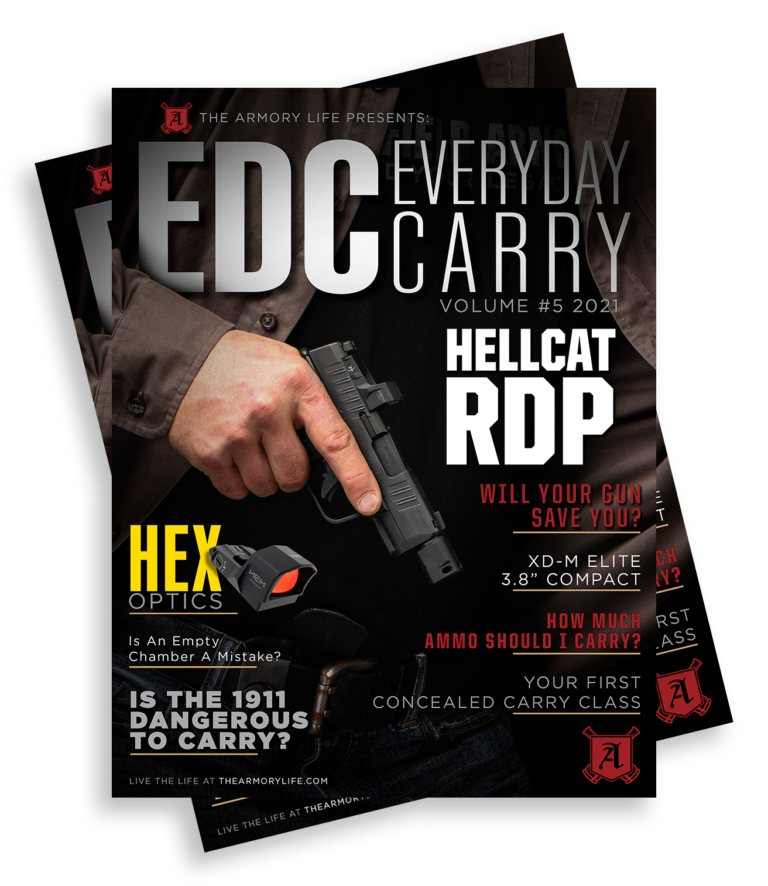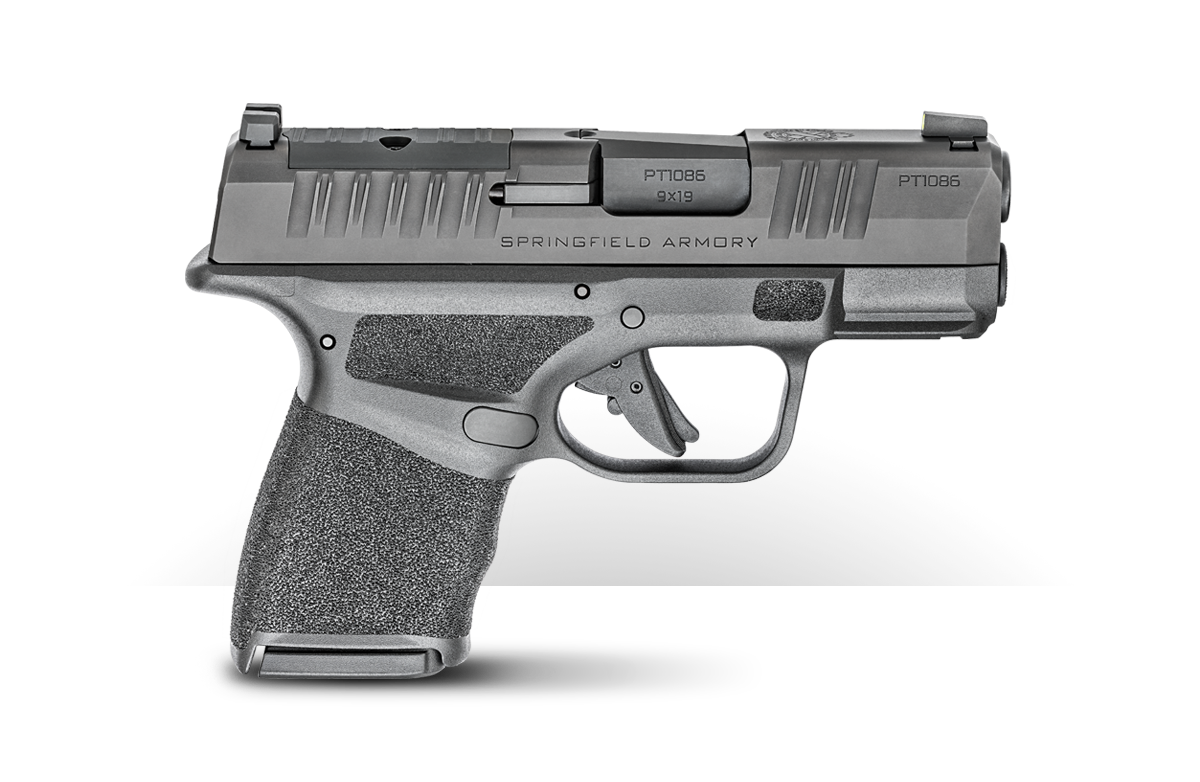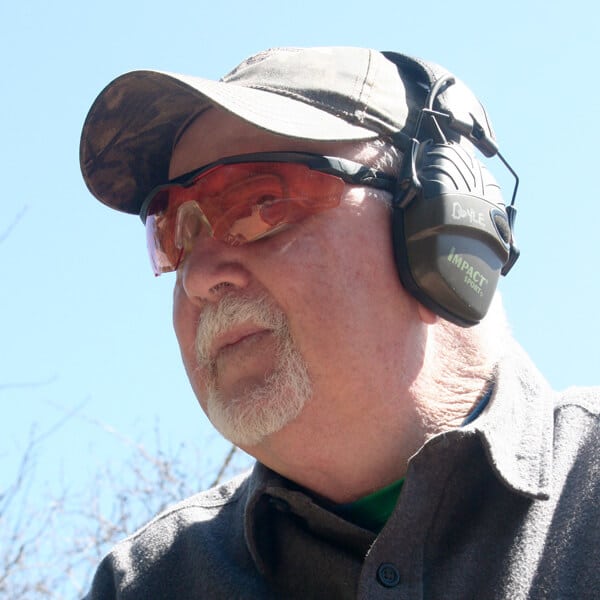Will Your Gun Save You?
October 3rd, 2020
7 minute read
Over the last several months, even the most casual observer will have noted a big change when paying a visit to the local gun shop. Across the country, the inventory of firearms, ammunition and related gear has been depleted and the number of shoppers is pretty much in line with that of a big box store on Black Friday.

A number of factors have played into that whole supply and demand equation of the firearms world. Current issues of crime and unrest certainly has people on edge. Lots of folks who have never thought about purchasing a firearm for personal defense have laid down their hard earned cash and taken a big step toward ensuring their safety. In 2020, there may be as many as two million first-time gun buyers, and I’m pretty confident they are not going duck hunting.
Right For You?
Purchasing a firearm for personal defense requires a great deal of thought and reflection. If you are new to the game, selecting the right hardware isn’t especially difficult and if you need help, I bet you know a competent individual or two to guide you through the process. Ask yourself in exactly what context the firearm will be used. Will it be for personal defense and carried on your person, or will it be utilized solely for home or vehicle defense? Will other family members have ready access to it? If so, one has to consider their aptitude, skill and even physical capabilities.
In short, I have long subscribed to the Goldilocks theory in purchasing firearms for personal defense. Not too big, not too small, but just right. This is especially true if you are planning to carry a concealed firearm while you go about your daily business. Really small, lightweight handguns can be difficult to shoot well, while larger ones can be heavy and are tougher to hide. You need to decide which one will fit your needs best and, by all means, seek out competent advice when buying a quality firearm. Clearly this is an area in which you shouldn’t cut corners.
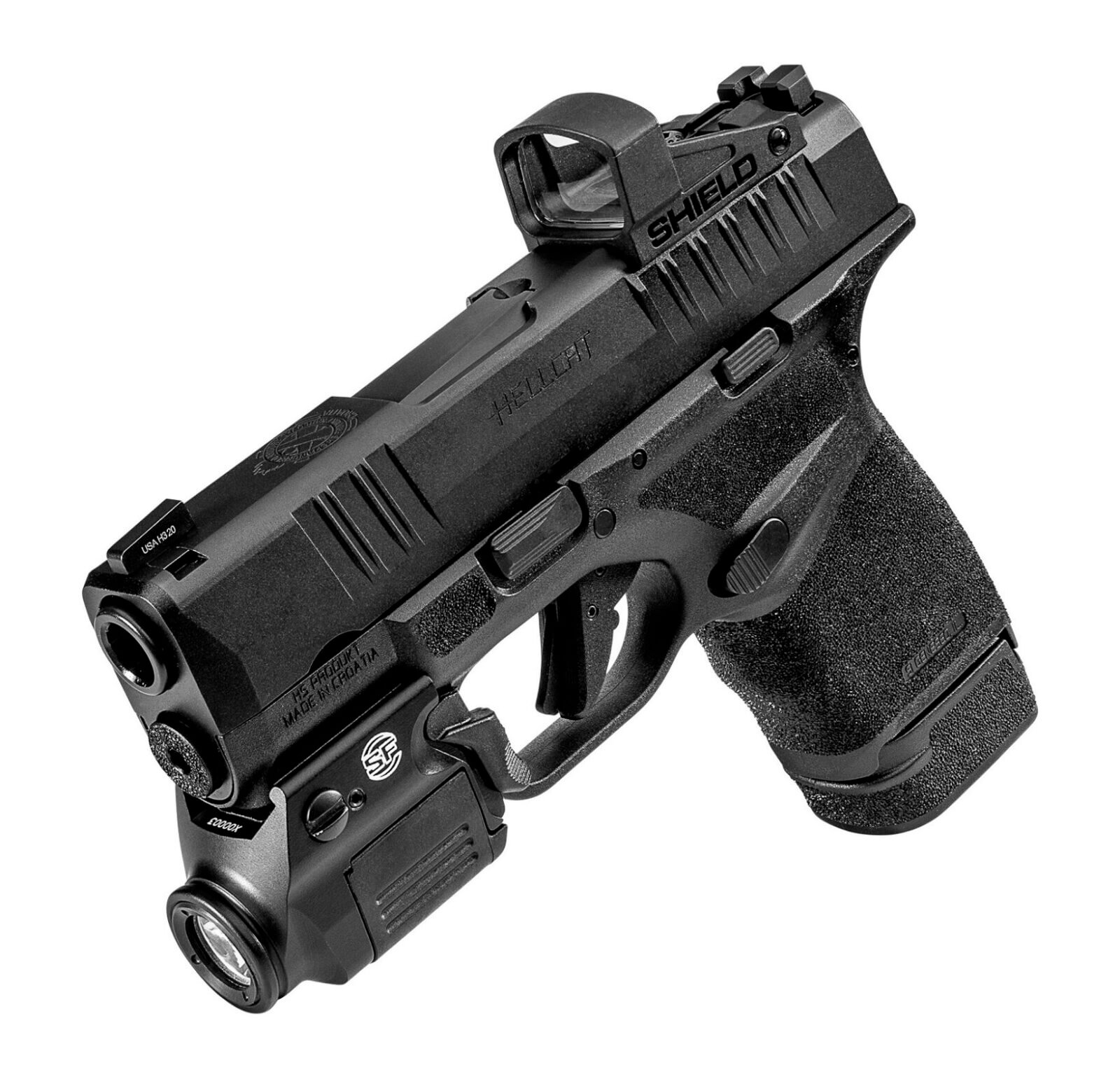
Getting the right hardware isn’t necessarily difficult, especially if you have some knowledgeable person leading you down the right path. In my estimation, the bigger hurdle for new gun owners to clear is software. To truly be prepared one needs to invest a little time and expense in training, getting familiar with the laws in your state relative to personal defense, and also developing the right mindset.
What If It Doesn’t?
Let’s consider training first. Colonel Jeff Cooper is considered by many to be the father of defensive pistolcraft (to learn more about Cooper and his Gunsite Academy, click here. To see a review of his book “Principles of Personal Defense”, click here). Many years ago, he wrote that merely having a firearm doesn’t make you a squared-away operator any more than owning a musical instrument makes you a virtuoso. Taking in some training remains the key to success. Some firearms owners ignore this sage advice and feel that by merely displaying their gun, a potential assailant will amend his ways and leave them unharmed.
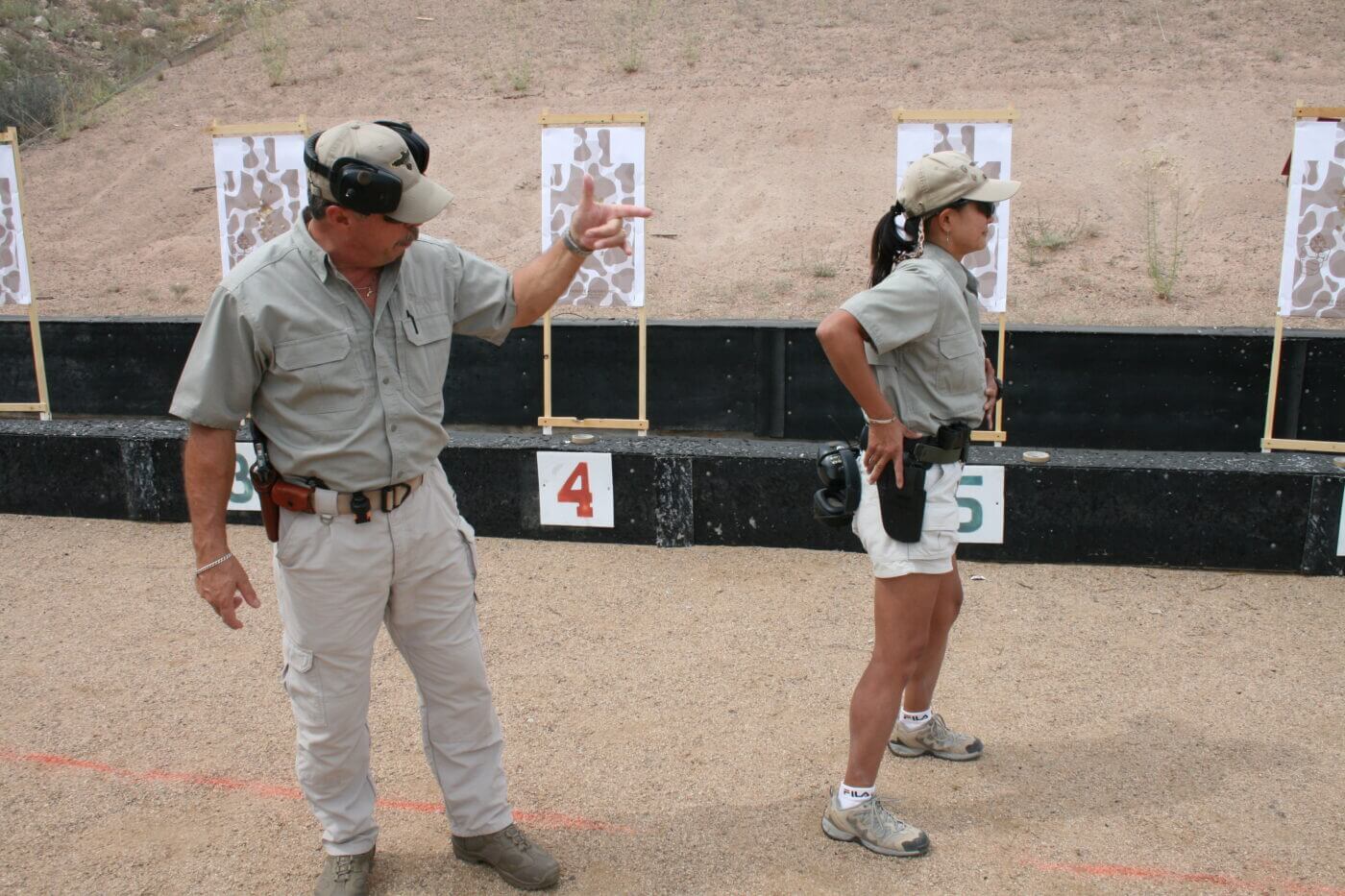
Don’t count on it! I have spent the better part of my adult life studying human conflict and I can assure you that the real bad guys may not be impressed by you holding a gun. Many have had guns pointed at them before and may have been shot, cut or lumped up on more than one occasion. The fact that you would back down in the face of a drawn gun doesn’t mean they will do the same.
My Mistake
Prior to my entry into a career in law enforcement, I was a target shooter and hunter and felt my skills would suffice in the event of a deadly encounter. After my initial training with a handgun, I quickly discovered my skills were mediocre at best and that I knew very little about fighting with a gun. Success did come with focused practice, entertaining some different points of view and staying as current as possible in new methodologies and equipment. I will confess that the fact my job subsidized a great deal of this made my burden a little easier.
More than likely, you will have to seek out and bear the expense of your own training. Today, there are a number of well-established schools that will get you on the right path. On the downside, while the training offered by the big name training institutions is great, it can be a little pricey, especially when you factor in travel, a hotel room, meals, plus tuition.
But if you look around, you might be able to find some pretty solid instruction locally that won’t break the bank. You don’t need to be trained to the level of a Navy SEAL, but having the command of some basic combat shooting fundamentals is an absolute requisite. Get some training! Videos and books are great supplements, but individuals taking up the gun for personal defense should seek out a qualified instructor to provide hands-on training.
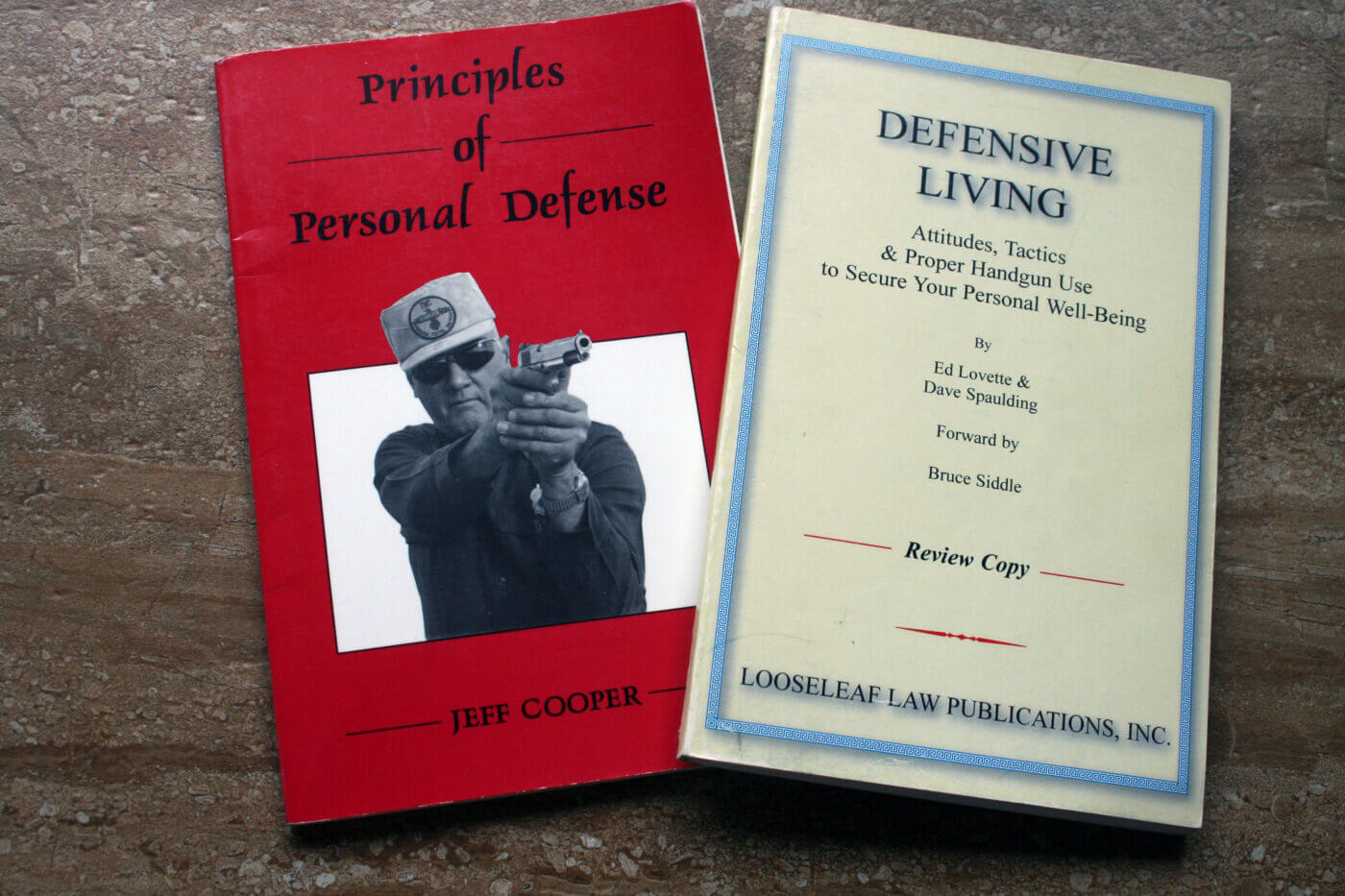
If Versus When
Knowing how to shoot is great, but knowing when to shoot is just as important. Being ignorant of the law is not a viable legal defense. The laws on carrying and using firearms are vastly different from state to state, but it is your responsibility to know them. This also applies to firearms in your possession or vehicle.
For example, the fact that you have a concealed carry permit in your state may not allow you to carry your firearm in the adjoining state. This may also apply to other issues such as magazine capacity. Relative to using deadly force against intruders to your home, some states have adopted “Castle Doctrine” while in others you have to articulate a potential threat to your life before resorting to a firearm. Know the law!
In my training of law enforcement officers, I spend a great deal of time early in their development talking about mental conditioning for combat. This is not always an easy point to convey. Most of us have been programmed since early childhood that violence is bad and there are sanctions for those who cross that line. Over the course of several weeks, we train you with a gun, have you swear an oath and tell you that in some circumstances directing required violence towards others may be required. For the responsible armed citizen, this may be an even steeper hill to climb.
Could You?
If your back was to the wall and you had no other recourse, could you do this? Many of us will not know the answer until we find ourselves in that situation. But we might have a pretty good idea. Think about those things you hold near and dear to your heart. Are you going to let some career criminal separate you from your loved ones? Think it over, and I bet you will arrive at the right decision.
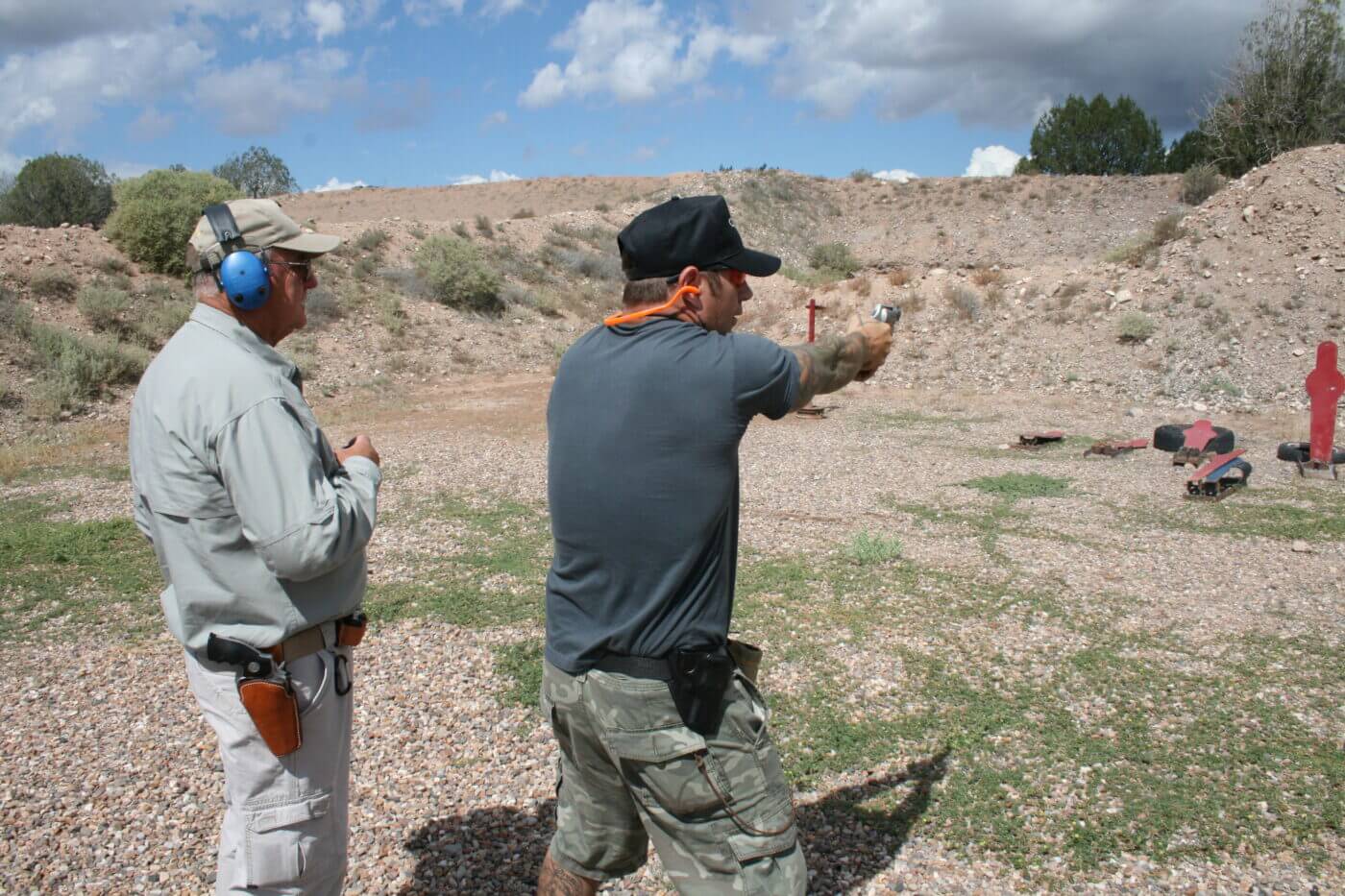
If you decide to go armed in polite society, you need to be aware of what is going on around you. Before stepping into that convenience store to grab a quart of milk, does everything look okay? What about that guy who has gone far out of his way to walk toward you and your significant other in that near-empty parking lot?
Much has been written about the “Color Code” as it relates to awareness and I suggest you check it out. If you have a gun, you need to stay tuned in to what is going on around you. Keep that radar up and running. For the armed citizen, avoidance and evasion beats the pants off fighting. The best kind of fight is the one that doesn’t happen. But be aware and be willing to apply violence if there is no alternative.
Conclusion
Having the right tools is great (and necessary), but it’s equally important to have your head in the game. You will be far better served with a pretty ordinary off the rack firearm that you actually trained on than some $3,000 blaster that sits in your safe because you can’t afford practice ammunition.
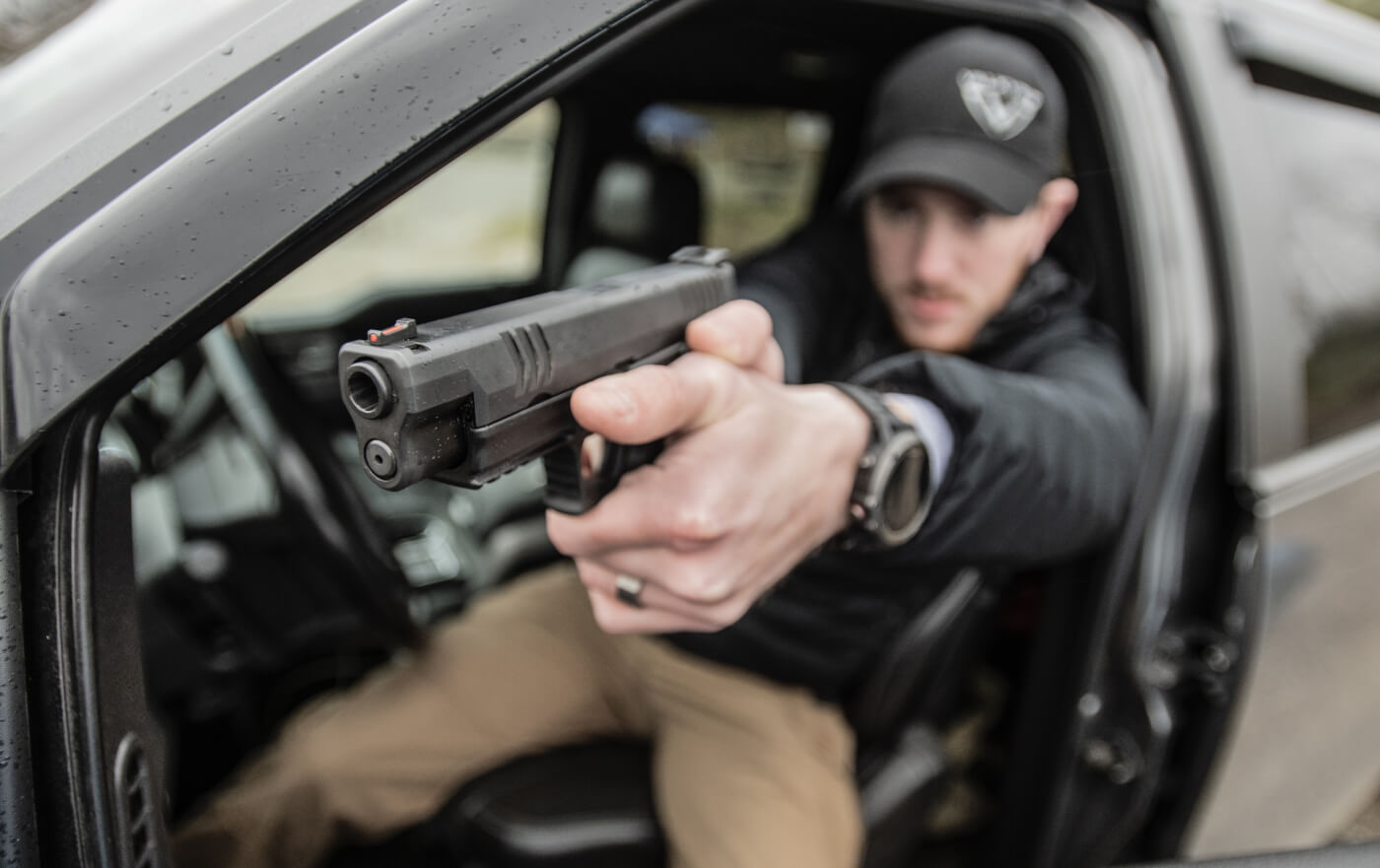
I can’t emphasize enough that new shooters should seek out some training. Even old hands can benefit from some different perspective. And last but not least, know the law in your part of the world as it relates to the application of force. A trained individual with a proper mindset can maintain control of his/her immediate environment, even in seemingly hopeless situations.
Will your gun save you? The real question is, will you be able to save you? With the right equipment, training and mindset, I believe you will.
Editor’s Note: Please be sure to check out The Armory Life Forum, where you can comment about our daily articles, as well as just talk guns and gear. Click the “Go To Forum Thread” link below to jump in!
Join the Discussion
Featured in this article
Continue Reading
Did you enjoy this article?

 167
167






